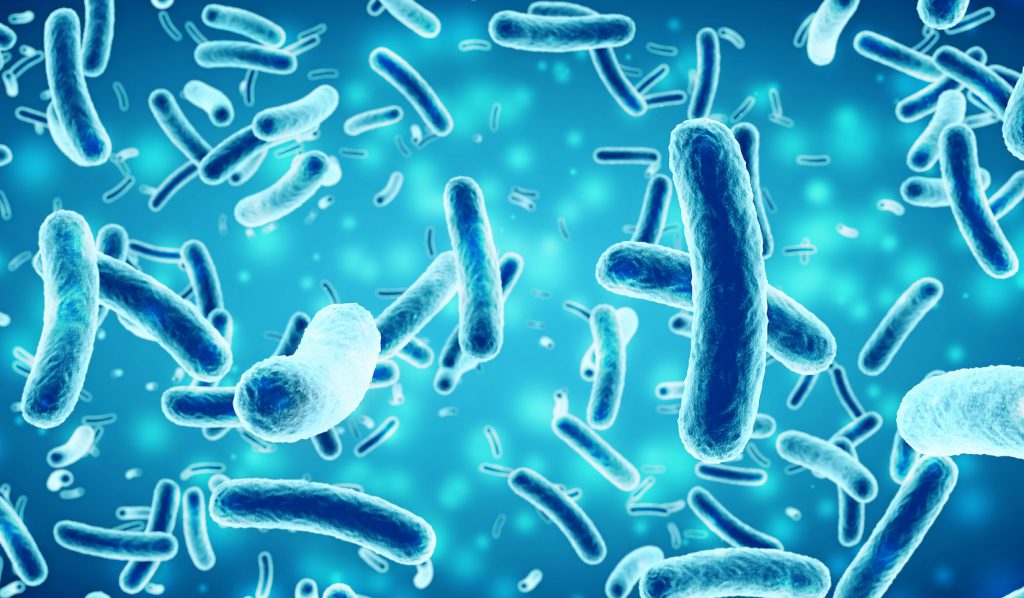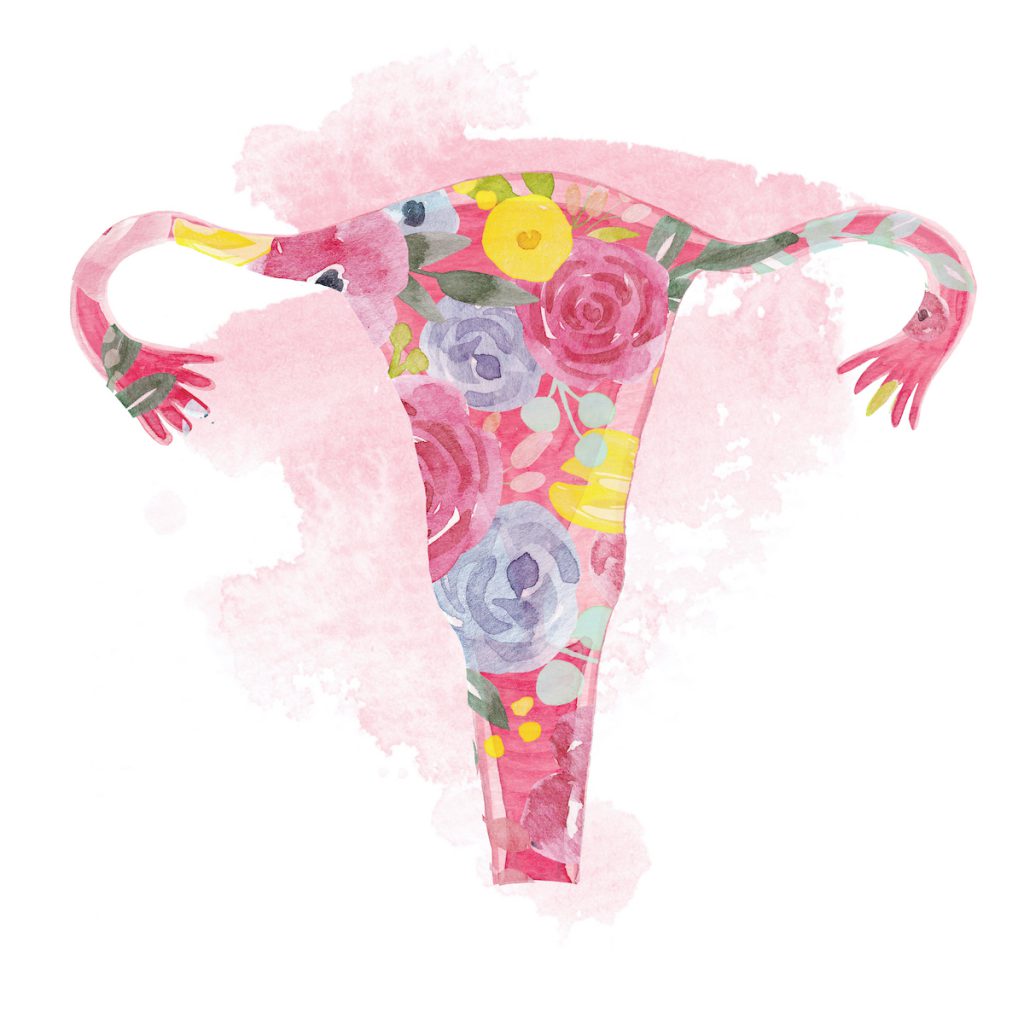Lactobacilli importance in sexual health
Lactobacilli are strongly associated with reduced risks of infections by reproductive tract pathogens, including HIV-1 , HSV-2 Trichomonas vaginalis , Neisseria gonorrhoeae and Chlamydia trachomatis , as well as the multiple species of bacteria associated with bacterial vaginosis (BV) Lactobacilli are tolerated by vaginal epithelial cells and inhibit induction of pro‐inflammatory cytokines. Increased exposure to […]
Lactobacilli importance in sexual health Read More »




